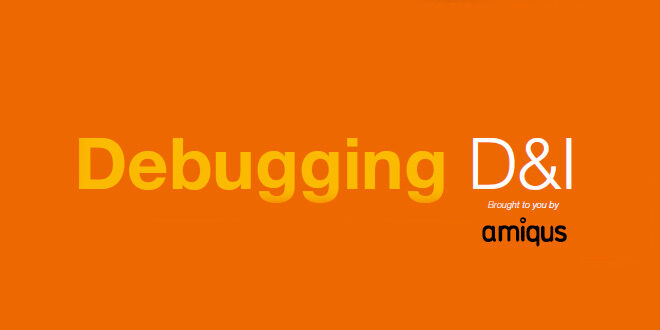
 Amiqus’ business manager Liz Prince speaks to Into Games’ head of partnerships & development Brandon Cole and volunteers lead Katie Millar about supporting young people from low-income backgrounds and more …
Amiqus’ business manager Liz Prince speaks to Into Games’ head of partnerships & development Brandon Cole and volunteers lead Katie Millar about supporting young people from low-income backgrounds and more …
TELL US ABOUT INTO GAMES, AND HOW THE ORGANISATION WORKS WITH CAREER SEEKERS, EDUCATION AND THE INDUSTRY?
KM: Into Games is the UK’s non-profit skills and careers service for the games industry. We work across education and industry to fix the broken talent pipeline into games, and make it easier for anyone – irrespective of their background – to learn about and pursue a career in the games industry.
WHAT ARE YOUR KEY INITIATIVES?
BC: For industry, we deliver bespoke support to implement internship and apprenticeship programmes; we run a training programme that empowers games professionals to be confident speakers, mentors, educators, and champions for marginalised talent; we connect studios to education; and support studios to get involved in events – including our own Into Games Careers Festival.
KM: For education we manage the Video Games Ambassadors for Ukie – the volunteer network that supports educators and youth organisations to access games professionals for careers talks, mentorship, and more. We’ve also launched the first pilot of our Into Games After-School Club. This is targeted in low income areas, run by local games university students to teach secondary school age children about the careers in games and the tools used to make them.
BC: We also have a whole host of free support for career seekers, including a Discord with regular panels and design workouts, as well as our national awards programme IG50, and free bootcamps.
WHAT ARE THE MAIN CHALLENGES FACING YOUNG PEOPLE SEEKING A CAREER IN GAMES?
BC: The main barrier is socio-economic background. The UK games industry workforce is very affluent with 61% having parents from managerial/professional backgrounds, and 30% from selective or fee-paying schools. There are many wonderful organisations in the industry supporting those with varying intersectionalities, but at present those from low-income backgrounds are not adequately supported – we want to change that.
IS THE CURRENT SKILLS SHORTAGE HELPING MORE YOUNG PEOPLE GET A FOOTHOLD ON THE CAREER LADDER?
BC: At present – not particularly. Games Jobs Live releases a monthly report on the jobs landscape in the UK, and every month there are very few entry level roles available. In part, there is a huge skills shortage because employers are not investing enough in future talent and their own pipelines. This is one of the reasons why we promote the use of apprenticeships – proven to support new staff, foster loyalty, and grow apprentices in key areas that the organisation needs.
HOW CAN STUDIOS HELP?
KM: The industry is very generous with its time when it comes to supporting educational initiatives – our work wouldn’t be possible without that support. Joining the Video Games Ambassadors is a great way to get involved with educational opportunities across the UK. It’s a completely free service for everyone and it supports 30,000 young people every year.
BC: Studios who are curious about how they can have a greater impact on building a fairer, more representative industry should join our Industry Partners programme. It supports all of our work, and helps studios to build inclusive entry routes, empower secondary school students to pursue a career in games, trains staff to be brilliant mentors, and much more. We think it’s the most impactful way an organisation can drive positive change in the industry.

 MCV/DEVELOP News, events, research and jobs from the games industry
MCV/DEVELOP News, events, research and jobs from the games industry




